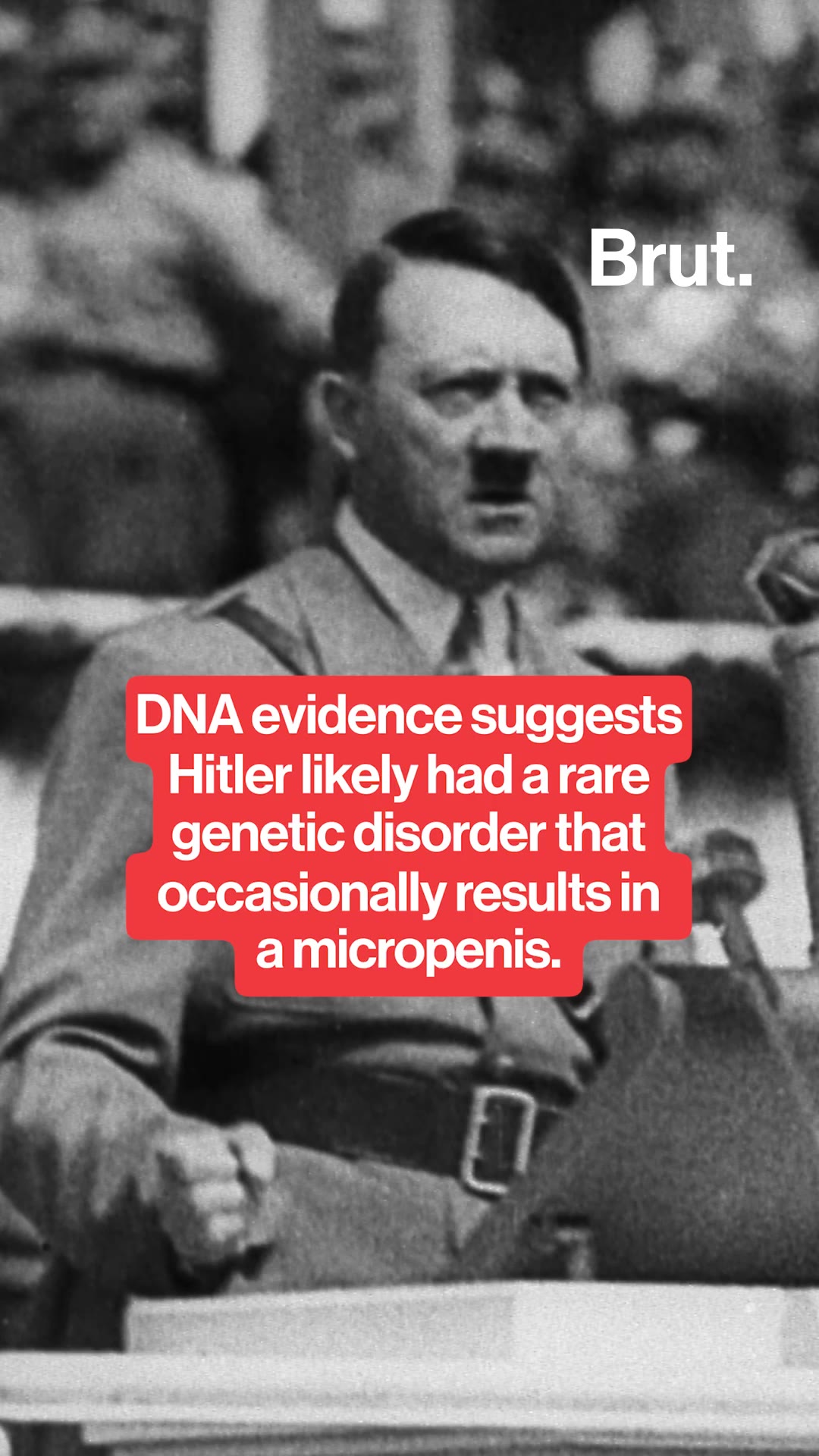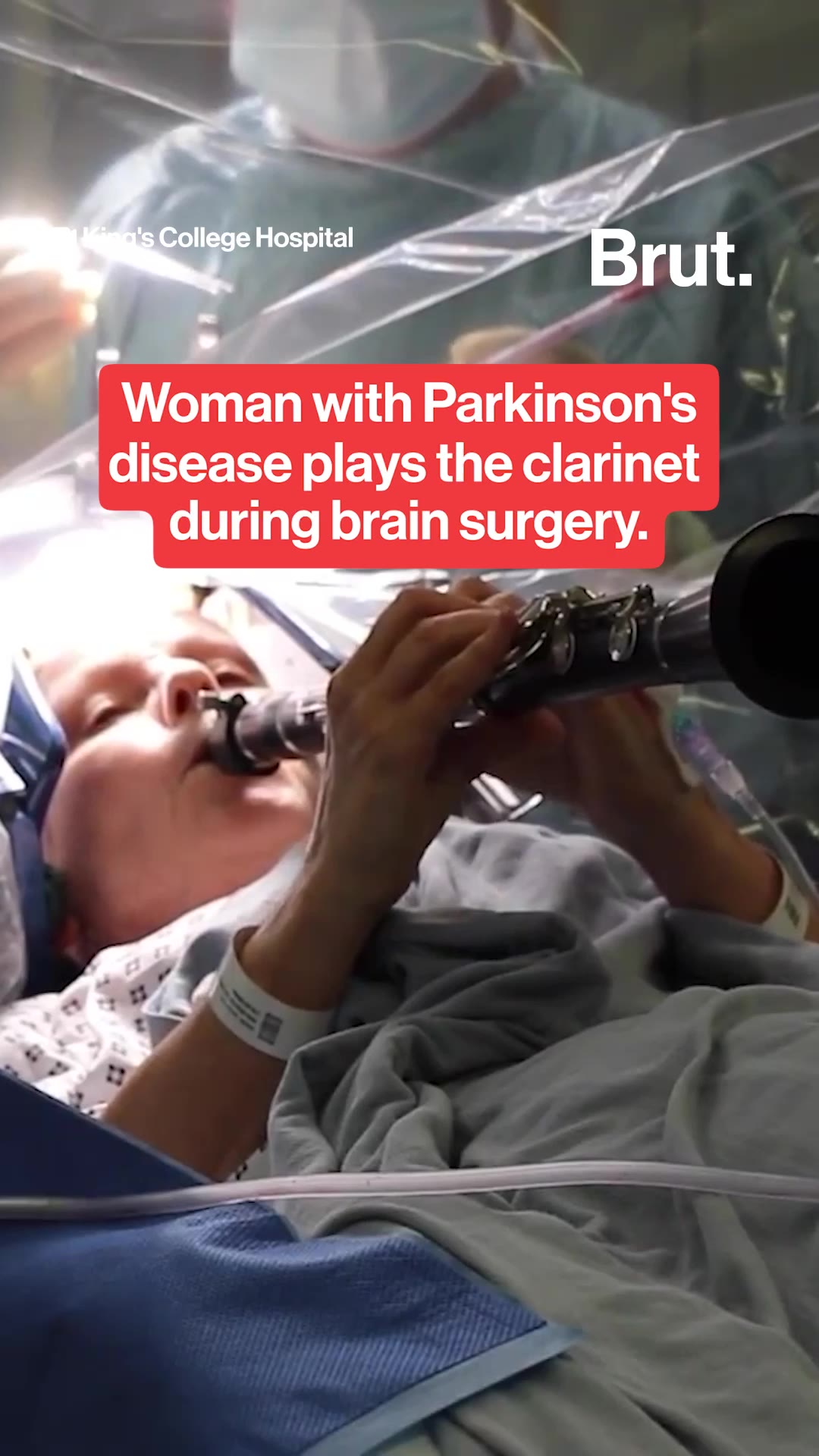How does soap kill bacteria?
The importance of soap
“Soap is such an ordinary everyday thing, does it really work on viruses ? Well the answer is most definitely yes.”
What are amphiphiles?
Soap contains substances known as amphiphiles. They contain one end that’s water-loving, or hydrophilic, and another end that’s oil-loving, or hydrophobic. While most viruses, including COVID-19, are held together with fat, soap dissolves the lipid envelope of the virus and inactivates it. When you rinse everything off, the soap carries away the germs with the water, making soap one of the most effective tool against viruses.
Proper hand-washing practice involve 5 steps
First, wet your hands with clean, running water, and apply soap. Next, lather hands, including the backs, between your fingers and under your nails. Then, Scrub your hands for at least 20 seconds. Next, rinse your hands well under clean, running water. Finally, dry your hands using
a clean towel, or you can air dry them.
Advice from the White House
Mike Pence also recently recommended and stressed the importance of washing your hands thoroughly with soap and water. He stated, “A really good recommendation is to wash your hands often. And — and all the experts tell me that, while people want to — want to get the various sanitizing lotions, washing your hands with hot soap and water for 20 seconds is just as good as any lotion you can buy.”
Our biggest defense mechanism
The goal right now in the U.S.’s fight against coronavirus is to flatten the curve. Since the country got a late start with testing and are now operating hospitals with limited supplies, the best thing people can do right now is wash their hands well and frequently. Washing our hands frequently, along with this quarantine period, will help people avoid cross contamination.
Brut.
How does soap kill bacteria?
The importance of soap
“Soap is such an ordinary everyday thing, does it really work on viruses ? Well the answer is most definitely yes.”
What are amphiphiles?
Soap contains substances known as amphiphiles. They contain one end that’s water-loving, or hydrophilic, and another end that’s oil-loving, or hydrophobic. While most viruses, including COVID-19, are held together with fat, soap dissolves the lipid envelope of the virus and inactivates it. When you rinse everything off, the soap carries away the germs with the water, making soap one of the most effective tool against viruses.
Proper hand-washing practice involve 5 steps
First, wet your hands with clean, running water, and apply soap. Next, lather hands, including the backs, between your fingers and under your nails. Then, Scrub your hands for at least 20 seconds. Next, rinse your hands well under clean, running water. Finally, dry your hands using
a clean towel, or you can air dry them.
Advice from the White House
Mike Pence also recently recommended and stressed the importance of washing your hands thoroughly with soap and water. He stated, “A really good recommendation is to wash your hands often. And — and all the experts tell me that, while people want to — want to get the various sanitizing lotions, washing your hands with hot soap and water for 20 seconds is just as good as any lotion you can buy.”
Our biggest defense mechanism
The goal right now in the U.S.’s fight against coronavirus is to flatten the curve. Since the country got a late start with testing and are now operating hospitals with limited supplies, the best thing people can do right now is wash their hands well and frequently. Washing our hands frequently, along with this quarantine period, will help people avoid cross contamination.
Brut.













